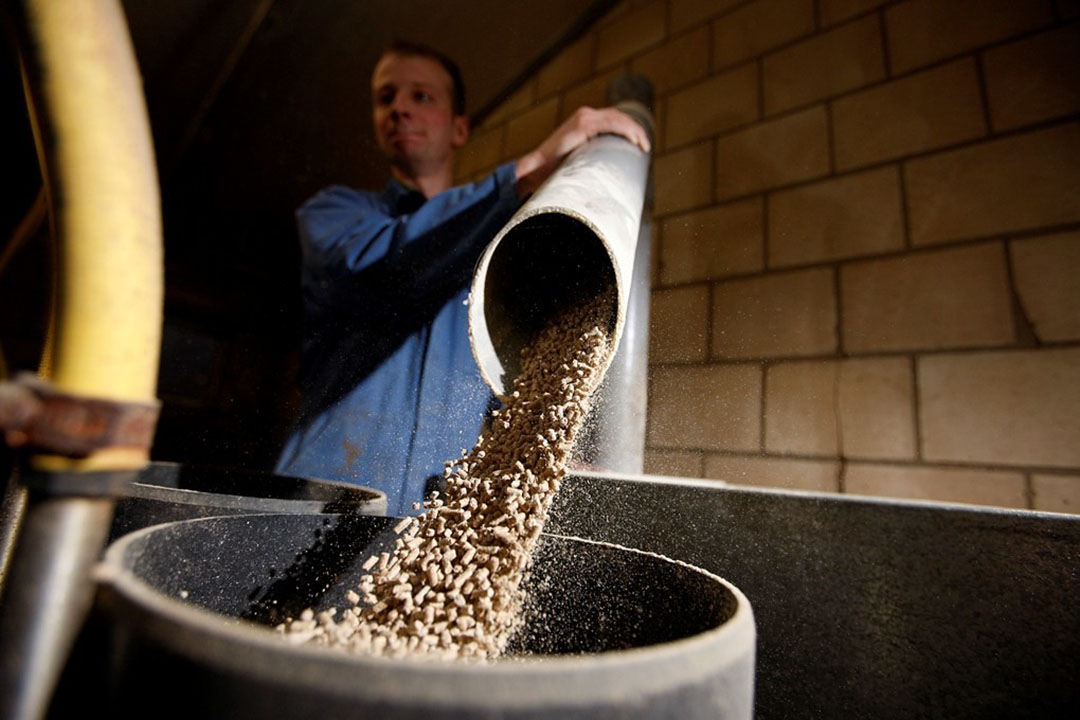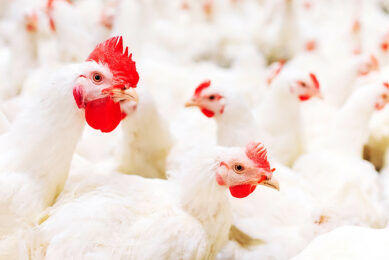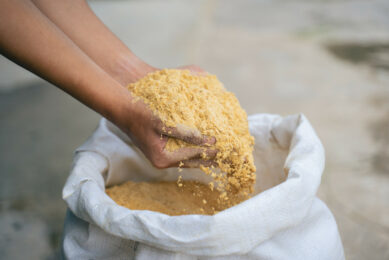Russia ramps up feed additives production

Russian company Arnica has nearly finished the construction of the two feed additives plants in Primorsk Krai – Kormibiosintes and Farmasintes – the first production is expected to hit the grocery shelves in early 2020, Alexey Gordeev, deputy Prime Minister of Russia outlined recently, speaking at a press-conference at the construction site.
Those plants are unique for the country, Gordeev stressed. They are designed to manufacture 12,000 tonnes of feed vitamins, amino acids, proteins as well as feed antibiotics, he added. “Our country has to import almost 100% of these products, and so this project is about providing high-quality feed for animals and securing their high productivity. We see that the plants are almost ready, the first products are expected in the next year,” Gordeev said.
Both plants are located at the Nadezdinskaya priority development area. This means they would be able to operate under favourable tax conditions and with simplified administrative procedures. In Russia, only selected projects – those that have a national importance – can be granted a residency in a priority development zone. Obtaining this status entails significant breaks on profit, land and property taxes.
Kormibiosintes will manufacture 8,000 tonnes of feed vitamins and amino acids, while Farmasintes – 4,000 tonnes of probiotic complexes, protein concentrates and antibiotics, the company said in a statement earlier this year. Both plants are likely to export feed additives, primarily to China, Japan and South Korea. Arnica is the first Russian company planning to export feed additives.
Market is in turbulence
There is a strong demand for feed additives of Russian-origin, as the price on many imported products are on the rise on the domestic market. In a decree released in late September 2019, Russian government obliged feed additives importers to pay additional Rub5 billion ($ 120 million) for the feed additives imported into the country under the so-called preferential tax regime during the previous three years. Over the past few years, 20 – 25% of feed additives in Russia have been imported under the preferential tax regime. This means that importers paid 10% VAT instead of a basic 18%, taking advantage of a government regulation that allowed companies to pay lower taxes on specific products in the food and feed industries.
The government ruled out that the preferential tax regime could no longer be used. Russian Agricultural Ministry earlier this year forecasted that the price for meat in Russia could jump by as much as 20% because the VAT hike would push up costs for the Russian livestock industry. Over the past months, concerns were raised that over the increased VAT, which means imports of some feed additives may come to an end in Russia – because of the need to pay additional taxes over the past three years which may lead to some importers going bankrupt.











